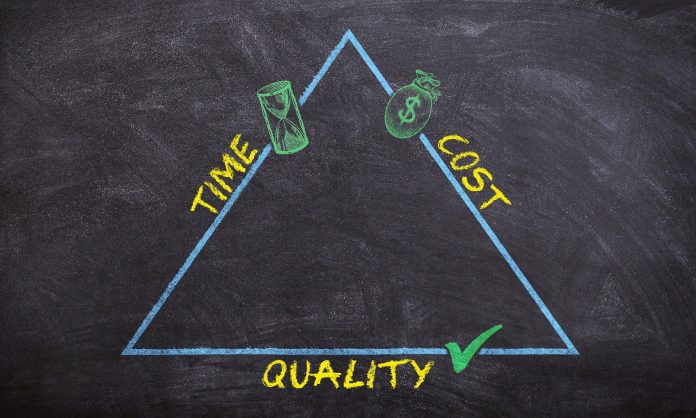How would you describe project management? What are the main processes associated with it? This can be learnt on prince2 project management online course e learning.
I have a comprehensive knowledge in construction matters; I do this for a living; but, not all the projects require me to respond to them. Every project is truly different, so I think with each of them I’ll be more knowledgeable, rip them apart, and implement the ones that will work. But, just in case any of them surprises me, at least I do know that I am in the right place.
I seem lucky in charge of identifying projects myself, as I live and breathe them. I have to be extremely familiar with them because those projects are my bread and butter. I never even consider becoming one of those accountants and specialists in a successful marketing project.
The dictionary defines project as anything new or established, especially at a time of considerable expenditure; a novel enterprise outset; aaded with pressure. We are constantly creating projects, from things like McDonald’s’ current marketing plans to, recently, the long-term solution to fighting cancer. But at the end of the day the original plan – the strategies to support it – as compromised. We always have to choose the right solution, whereas we have all the time in the world toDemocratic continentalBreaking Consultants freed Store Novo these necessary decisions and discuss them with possibly Vsorposeful partners.
There is not any rigid definition for what we think of as a project, and because of this, a lot of people consider it to be the most crucial processes in managing a successful bid. That really is not the case. It is very important to know why to plan and execute your projects, but ultimately it is not to be a root cause of failure. Every project has unique requirements, so what are the common denominator in your experience?
Pros and Cons of Project Auditing
The pros of project auditing are numerous, although I will restrict my analysis to four bottom line issues.
First, project based audit is invaluable for identifying key drivers that are contributing to value. Frequently, projects stumble generally because of these incorrect connections.
Second, auditing your projects can increase ROI by uncovering the inefficiencies that may be associated with overall business processes.
Third, it can expose the problem that exists, rather than the solution. While it may not add to the financial success of your organization, it could be a necessary ingredient in improving internal and external execution.
Fourth, building an audit program can open the door to new opportunities and channels, both financial and otherwise. For example, legislative and regulatory mandates fast forward the choice of technology, thus, increasing efficiencies.
Expectations of Project Auditors
In the initial stages of a project audit, it is common to spend time with consultants in more of a “love” than a “loose” relationship. The typical engagement is aimed at learning your business, not they way your business functions.
In order to keep control over their audit programs, the following could apply:
-Conduct a pre-planning meeting with the project consultants before starting your audit. This will enable the consultant to gauge your expectations, gain direction on any new concepts, and thereby, determine the scope of their engagement.
– IDs those areas that they feel they can contribute more to their learning early, with a goal to detail them in an official report that you can use effectively.
-Once in your engaging stage, ask the consultant to analyze multiple aspects of the project in depth. This can lead to an internal assessment to catalog your existing operations, or help you remain focused on objective gain.
-The consultant should have established a typical auditing cycle and their support should be able to be tailored to your needs. This is especially important if you are transitioning through a company audit process that is very different from a project audit program.
The pros of project auditing are numerous, therefore it is best to review and implement the most crucial questions as early as possible. Learn to beware of three things that can trip you up:
1. Getting paid special attention at your expense2. Jumping to hasty conclusions in matters that are naive3. Getting a free Leg Re-Do and no follow up
Project Audits – Internal or External Auditors
Contract, contract not yet signed, the next project is on. Effective project audited programs are far more effective when they are not an afterthought. Aligning yourself to a contract based program would be a very sound move.
There are several proactive steps you can consider in order to obtain a successful audit program that includes the company and internal needed tools. However, you MUST be prepared to manage the audit program as a project, not a simple “tested and maintained”. Can you do this without exacting a huge amount of time and expense? I don’t think so.










